Ten Best-Ever Anxiety Treatment Techniques – MARGARET WEHRENBERG (Digital Seminar) – 2020
$219.00 $65.00
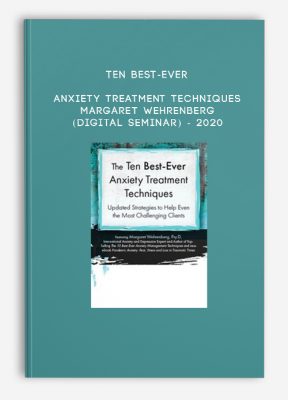
Ten Best-Ever Anxiety Treatment Techniques – MARGARET WEHRENBERG (Digital Seminar) – 2020
Sale Page
Get Ten Best-Ever Anxiety Treatment Techniques – MARGARET WEHRENBERG (Digital Seminar) – 2020 on Salaedu.com
Description:
Helping your clients overcome anxiety is challenging. You’ve tried the common techniques but aren’t confident you applied them correctly and worse, your client is still struggling. If you’re feeling frustrated and unsure of what to do next? Then don’t miss this opportunity! International trainer & author Dr. Margaret Wehrenberg will teach you the 10 Best-Ever Anxiety Techniques and help you master:
- Applying the techniques with difficult cases
- Using the techniques with different age groups
- Treating clients with co-morbid diagnosis
- Options to use with groups and individuals that work in every clinical population
- Applying the neuroscience of memory reconsolidation and the default mode network to create successful exposure therapies and reduce rigid, anxious thought process
This fresh approach will give you a complete set of tools to work with anxiety symptoms. You’ll learn what the latest research has proven and you’ll be confident that you can apply these techniques in clinical practice. Most importantly, Margaret’s pragmatic approach will provide you with practical strategies you can immediately use with all clients.
Outline:
Neurobiological Basis of Panic, Worry & Anxiety
- Why & how psychotherapy works to “use the brain to change the brain”
- Pragmatic application of neuroscience to provide effective treatment
- Presentation of anxiety when comorbid with depressions
- Identify lifestyle contributions to anxiety
- Impact of cannabis, caffeine, alcohol, tobacco/vaping, sugar
- Physical conditions that mimic panic
- Explore potential uses for medication
- When to refer for medication
- Discontinuing medication under medical guidance
Purpose of Worry
- FOUR reason worry persists and the methods to manage those
- Cognitive interventions to reduce persistent rumination
- Eliminating worry: TWO methods to “contain worry”
Techniques That WORK to Modulate Physiology
- FOUR important lifestyle changes to reduce anxiety
- Treatment approaches that change brain function for long lasting recovery
- Activate the brain’s Default Mode Network (DMN) to increase cognitive flexibility & creative problem solving
- The right way to teach & use diaphragmatic breathing
- Use the Protocol, Predict, Prepare & Plan, to eliminate panic
- Develop the FOUR competencies of stress management
- Eliminate stressors – Impact of constant technology use
- Screen time, gaming, texting
- Respond to new fears created/ exacerbated by social media
- Managing time & environment
- Managing attitude
- Rest & relaxation: Including the powerful Attention Restoration Theory
- Eliminate stressors – Impact of constant technology use
- Use the powerful, science-based protocol for memory reconsolidation to create successful exposures
- Change catastrophic thinking
- Utilize Mindful Awareness techniques to improve social anxiety fear
- Apply the “3 C’s” model to construct treatment for social anxiety
- Employ techniques for mindfulness to improve the response to exposure methods
Techniques for Treating Cognitive Problems of Anxiety & Panic
- The best thought-replacement methods for worry & rumination
- Identify the person with “Too Much Activity”
- Tools to reduce generalized anxiety in the highly active person
- Cognitive approaches that can intervene on anxiety-producing perfectionism and procrastination that interact with Generalized Anxiety Disorder
Techniques for Managing Social Anxiety
- Address the relationship between the desire for significance & social anxiety in Millennials and the iGeneration
- Special considerations for treating different age groups, from children to aging clients
- Identify negative internal dialogue & apply methods from rational emotive therapy to counteract that
- Structure cognitive change through planned “counter-cognitions”
- Construct “In vivo exposure” techniques that optimize recovery from social anxiety at every age
- Utilize Emotional Freedom Techniques & “Tapping In” to diminish anticipatory anxiety
Limitations of the Research & Potential Risks
NLP online course
So what is NLP?
NLP stands for Neuro-Linguistic Programming. Neuro refers to your neurology;
Linguistic refers to language; programming refers to how that neural language functions.
In other words, learning NLP is like learning the language of your own mind!
NLP is the study of excellent communication–both with yourself, and with others.
It was developed by modeling excellent communicators and therapists who got results with their clients.
NLP is a set of tools and techniques, but it is so much more than that.
It is an attitude and a methodology of knowing how to achieve your goals and get results
More Course: NLP – HYPNOSIS – PHILOSOPHY
Outstanding Course:Dave VanHoose and Dustin Matthews – 7 Figure Speaking Empire Home Study Course
1 review for Ten Best-Ever Anxiety Treatment Techniques – MARGARET WEHRENBERG (Digital Seminar) – 2020
Add a review Cancel reply
Related products
HYPNOSIS - NLP Courses
HYPNOSIS - NLP Courses
Tom O’Connor NLP – Task Decomposition The “Magic Power of Goal Getters”
HYPNOSIS - NLP Courses

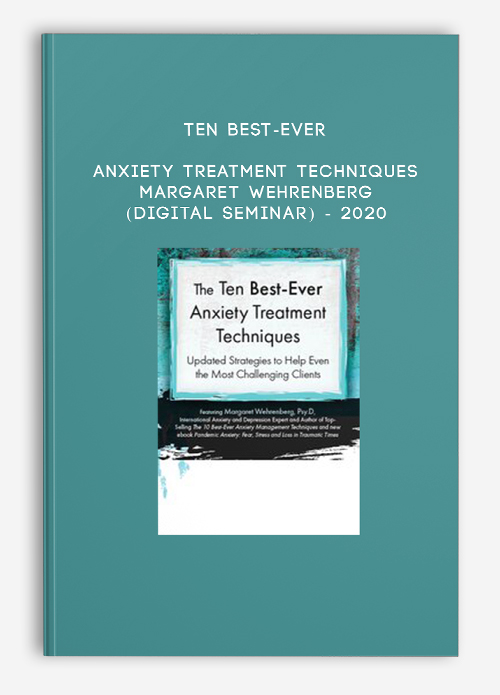
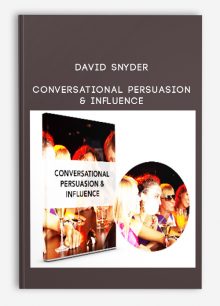


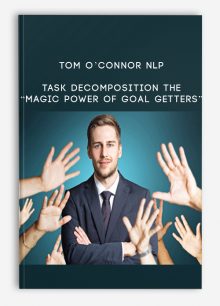

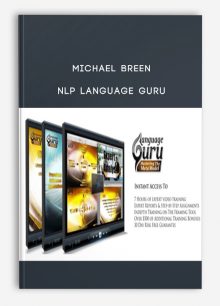
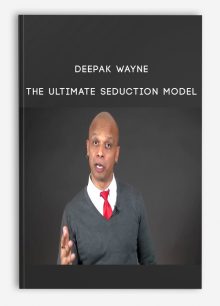
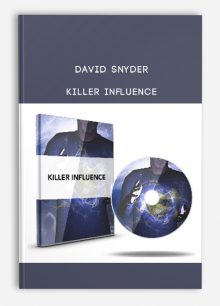
king –
We encourage you to check Content Proof carefully before paying.
“Excepted” these contents: “Online coaching, Software, Facebook group, Skype and Email support from Author.”
If you have enough money and feel good. We encourage you to buy this product from the original Author to get full other “Excepted” contents from them.
Thank you!